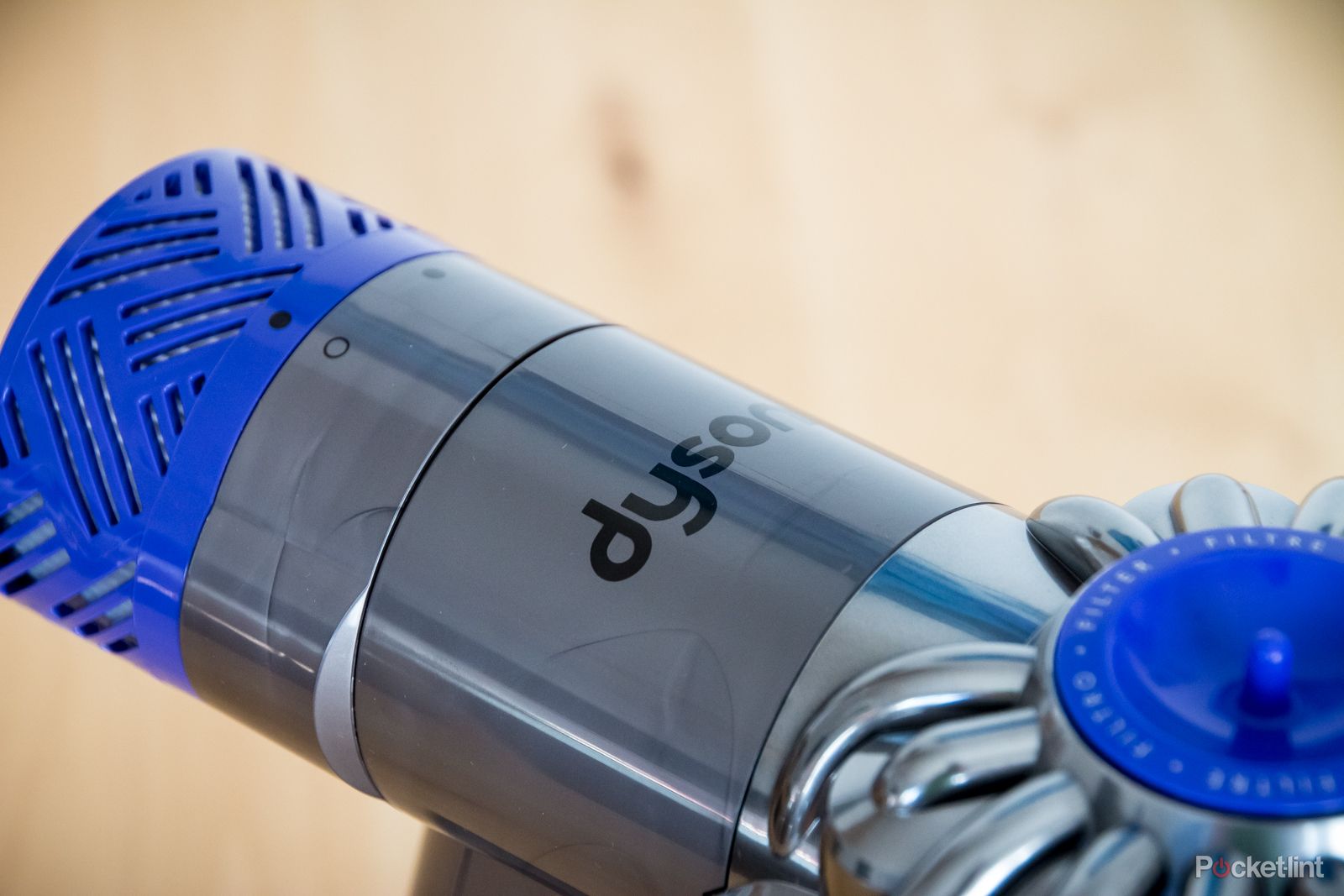Dyson is investing millions into solid state batteries, so that it's next range of cordless vacuums will get a powerful boost.
Michigan-based Sakti3 is a battery company, which has received backing from GM's venture capital unit, and it specialises in next-generation lithium-ion batteries and solid state batteries, the latter of which is something that piques Dyson's interest. The vaccuum maker has just announced a $15 million investment into Sakti3 as part of an effort to unleash 100 robust machines over the next four years.
Dyson wants to power those machines with a commercialised version of Sakti3’s solid state technology. The company said the battery technology would be integrated into "future Dyson machines". James Dyson, the founder and chief engineer at Dyson, also said that Sakti3 has achieved "leaps in performance", which current battery technology simply hasn't done.
Lithium ion batteries, which were first commercially released by Sony in 1991, are in Dyson’s range of cordless vacuums, but Dyson wants to move away from the liquid electrolyte found in conventional lithium-ion batteries and toward solid state batteries. Dyson's founder believes Sakti3 has potential for exponential performance gains that will supercharge Dyson machines.
“It was quite an honor for us to be approached by Dyson, precisely because they wanted what we did - much, much better batteries. The truth is, there is a great deal of knowledge and passion on both sides, and Dyson's engineering team has the capability and the track record to scale up new ideas and make them a commercial reality," said Ann Marie Sastry, CEO of Sakti3. "Together we will enable some very transformative products.”
Dyson noted that Sakti3’s technology also has the potential to be used electric vehicles and other applications, but that it will first come to market thanks to Dyson's investment into and new partnership with Sakti3.
READ: Dyson V6 Absolute: The mother of all cordless vacuum cleaners (hands-on)

